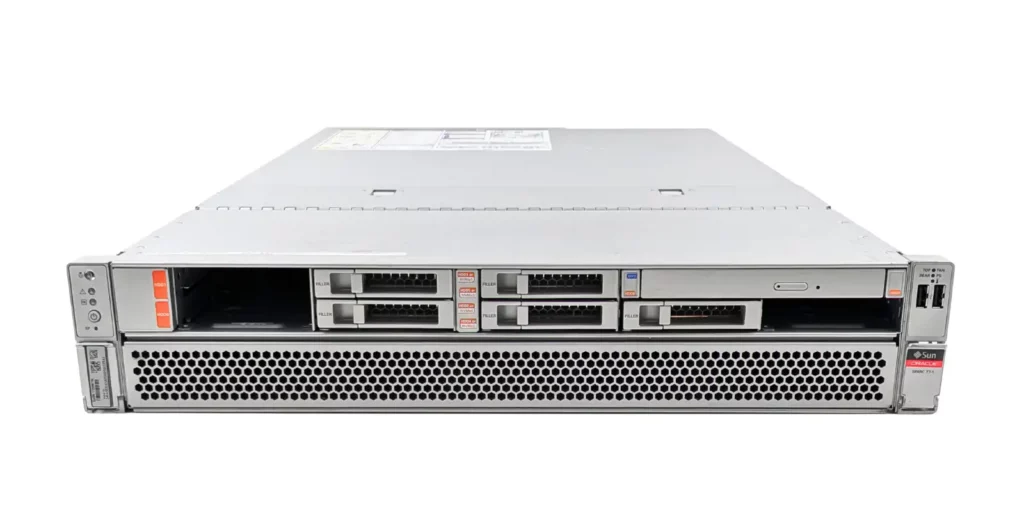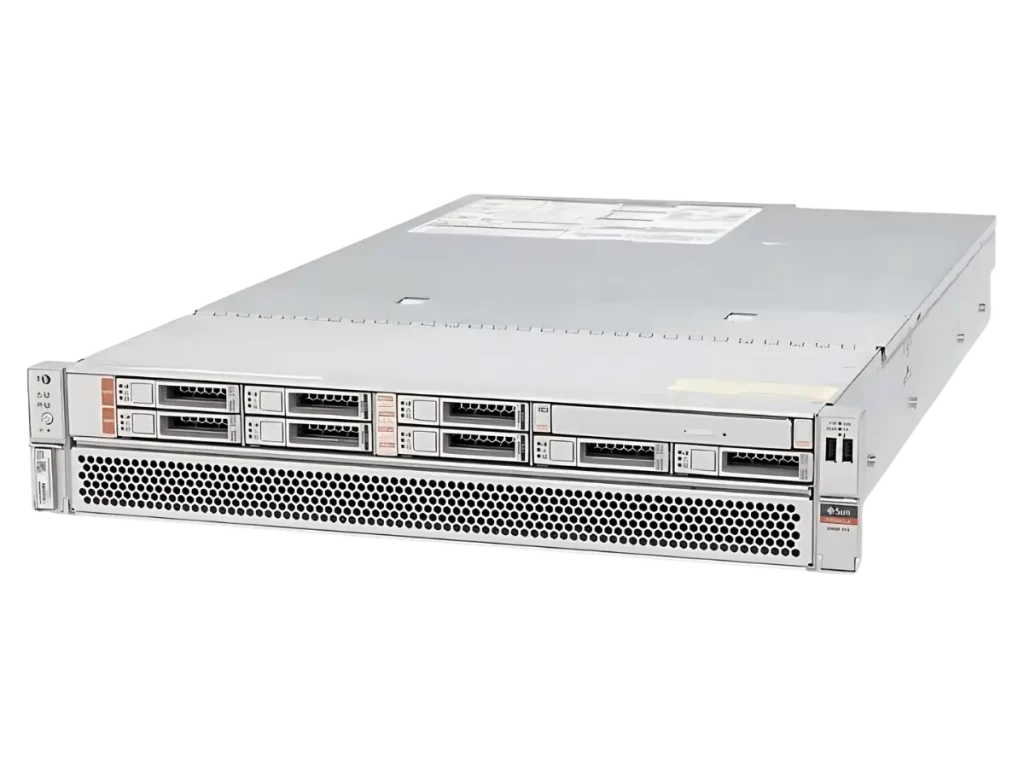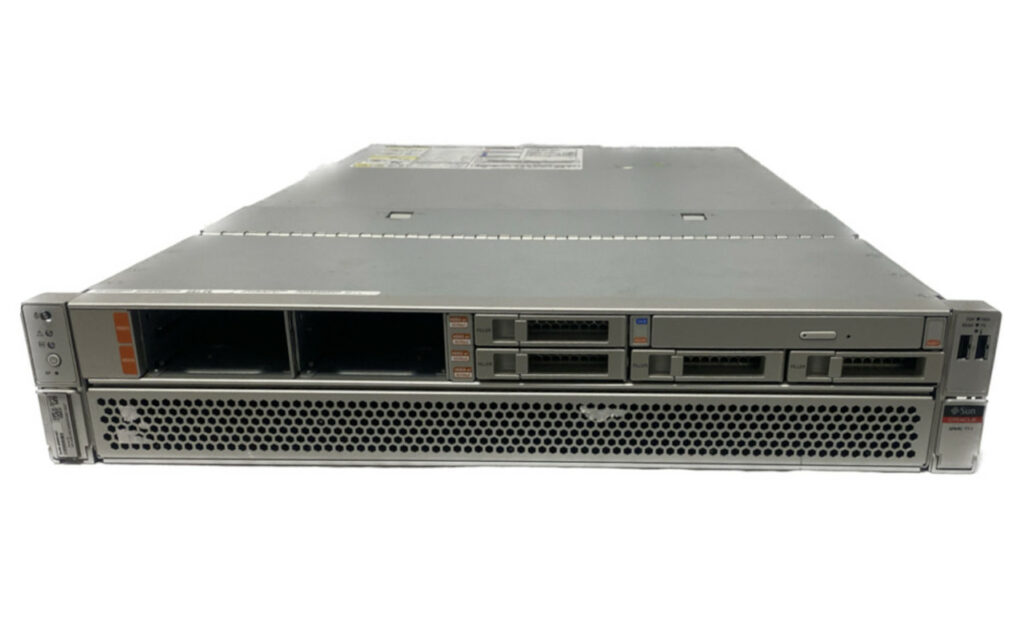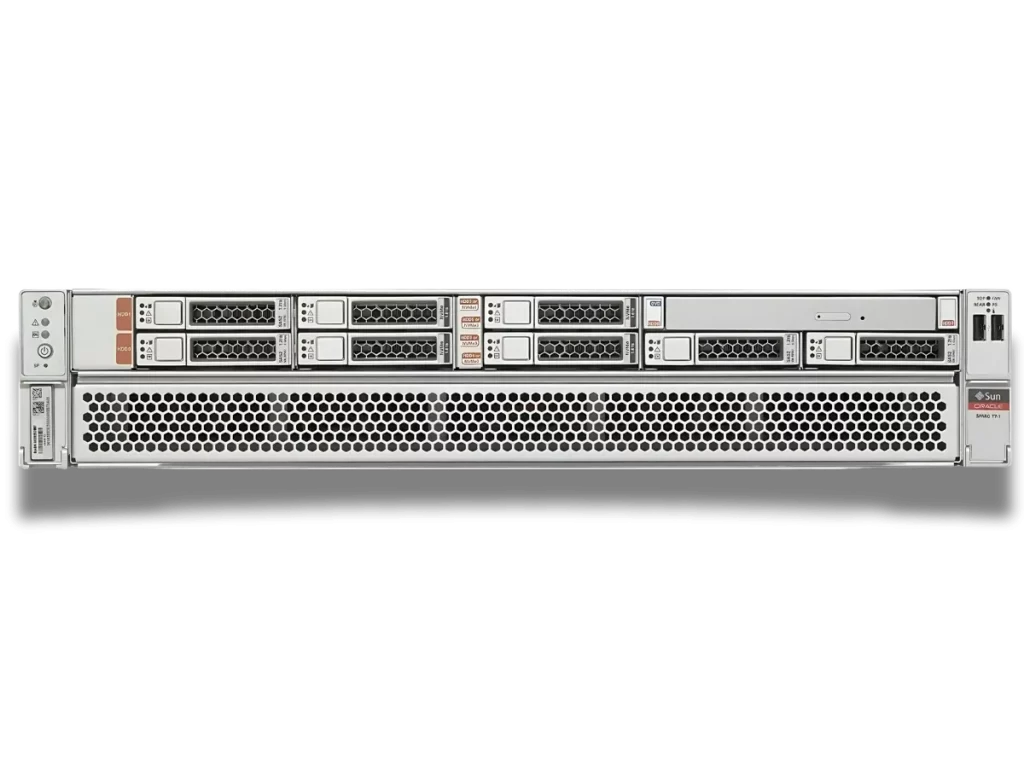In this blog, we’ll discuss the importance of the Hierarchical Storage Manager in Oracle SPARC T7-1 servers. By analyzing a case study of a grocery store chain, we will demonstrate the advantages of this system as well as the potential repercussions of a system failure.
We’ll explore HSM’s functionality, the impact of failure, and the importance of a solid recovery plan, emphasizing the vital role of professional data recovery services in ensuring business continuity.

What is HSM in Oracle?
HSM, or Hierarchical Storage Manager, is Oracle’s intelligent data management solution that automates the migration of data between different storage tiers based on frequency of access and business policies. This enables organizations to maintain a balance between storage performance and cost-efficiency.
- High-performance tiers (SSD or enterprise HDDs) are used for active data.
- Lower-cost tiers (tape or slower disks) store infrequently accessed data.
- HSM ensures seamless access while freeing up expensive storage resources.

How does HSM work?
At its core, an HSM system consists of a central server or controller, which manages the movement of data between different tiers of storage.
Files accessed frequently remain on top-tier storage.
As files age or become dormant, HSM transparently relocates them to cost-effective storage layers.
Metadata is retained, allowing users to retrieve archived files without needing to understand the underlying storage location.
This tiered model is foundational for high-volume environments such as enterprise backups, financial archives, and retail data retention.

Hierarchical Storage Manager Failed on SPARC T7-1 Server
Despite their benefits, HSM systems are not immune to failure. In the case of an Oracle SPARC T7-1 server, the HSM system may fail due to hardware or software issues, resulting in potential data loss and downtime.
In the event of an HSM failure on a SPARC T7-1 server, it is important to have a recovery plan in place to minimize downtime and potential data loss.
This involves identifying the failure cause, implementing repairs or replacements, and restoring data from backups if needed.

HSM Became Unresponsive
The grocery store chain was using Oracle Sparc T7-1 Server for data archiving purposes. But suddenly, the server failed, and Hierarchical Storage Manager became unresponsive.
This caused a major disruption to their operations, as they were unable to access their archived data. They quickly realized the importance of having a proper recovery plan in place.
They searched for a professional data recovery service and discovered our company’s advantages. They called us with an emergency request to recover the data from their failed server and HSM system.

Initial Consultation
After an initial consultation, they decided to send the server to our data recovery lab. We sent them our shipping instructions, and they sent the server to us. Our team of experts immediately started working on the recovery process.
Evaluation in Our Lab
After receiving the server, our team thoroughly evaluated it to pinpoint the failure’s cause. We quickly determined that the HSM system had failed due to a software issue.
Our experts resolved the software issue and were able to restore the HSM system’s functionality. However, the server’s hardware also needed repairs, and our team replaced the faulty components to ensure optimal performance.
Recovery Process from Failed HSM
Once the HSM system was restored, our team used specialized data recovery techniques to extract the archived data from the server. We were able to successfully recover all of the data and transfer it onto a new storage device for the client.

Successful Recovery of SPARC T7-1 by RAID Recovery Services
Thanks to our team’s expertise and quick response, the business was able to recover its data and resume its operations without significant downtime.
Our professional data recovery services helped them mitigate the effects of HSM failure on their SPARC T7-1 server and ensured that their critical archived data was not lost.
We specialize in identifying failure causes and recovering data, ensuring your business remains operational even after an HSM failure on your SPARC T7-1 server.
The Role of Professional Recovery Services
Why Enterprises Trust Our HSM Recovery Capabilities
- Decades of experience with UNIX-based systems including Oracle SPARC and Solaris
- Purpose-built recovery labs with Tier-3 cleanroom environments
- Custom toolsets for reconstructing damaged HSM metadata and storage hierarchies
- SLA-backed turnaround times for critical infrastructure
Experiencing issues? Contact us at 866.990.8999. Let us minimize the impact of any HSM failure and keep your business running smoothly.

Conclusion: Oracle SPARC T7-1 HSM Recovery Requires Precision
HSM failures in SPARC T7-1 environments aren’t just technical incidents—they are operational threats. Whether due to software corruption, hardware degradation, or unforeseen incidents, a responsive and expert-led recovery approach can be the difference between disruption and resilience.
At RAID Recovery Services, we restore mission-critical systems with zero compromise on data integrity.
Facing an HSM Failure?
Call our expert team at 866.990.8999 or submit an inquiry through our secure contact form to initiate a confidential evaluation. We’ll guide you through recovery options and get your business back online, fast.